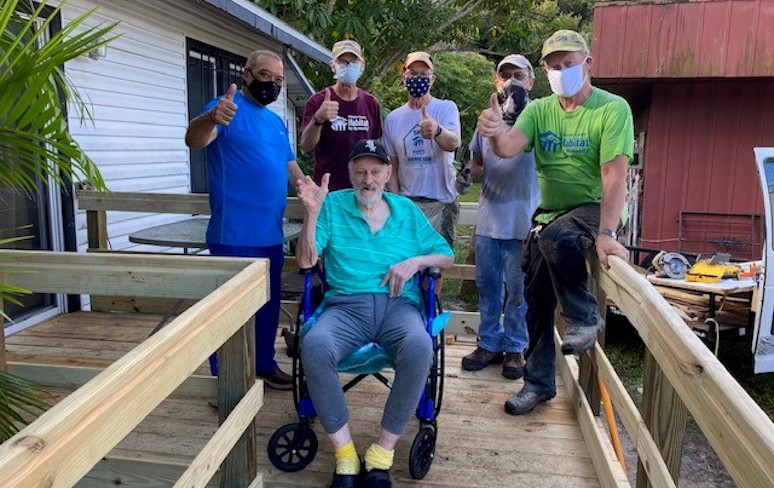Seniors often face a variety of struggles when looking for a rental house to move into. To help the seniors enjoy their golden years in the comfort of their homes, the U.S. government offers multiple programs from rental assistance to mortgage assistance. Read on to see if you are qualifying for one of the options.
Housing Repair Assistance for Senior Rural Landowners
For seniors who own land in a rural area but have problems with the maintenance costs of the property, you may turn to the HUD Section 504 Rural Housing Repair and Rehabilitation Grants program for help.
- the percentage of occupied rural residences in your state
- the proportion of very low-income residents
- the number of seniors living in these rural residences
Once approved, applicants will receive grants for necessary house improvements under the designated guidelines. The maximum amount of assistance you can receive from this program is $7,500 within your lifetime.
To apply for the Section 504 Rural Housing Repair grant, contact your local United States Department of Agriculture (USDA) office.

Supportive Housing for Seniors
If you have turned 62 years old or older, and have a low income ( which is commonly considered 50 percent of the median income for your designated area) and are in need of a supportive living environment, you can apply for the Section 202 Supportive Housing for the Elderly program.
This program helps qualified seniors with daily activities, such as housekeeping, bathing and transportation through rent-assisted communities.
Wait lists are common for seniors who want to receive help through the Supportive Housing for the Elderly Program, as seniors who can pay up to 50 percent of their rent with their own income and those who are currently living in substandard housing will be put into priority.

Mortgage Assistance for Senior Homeowners
If you are looking for a way to enhance your income while currently having equity within your home, you may qualify for a Home Equity Conversion Mortgage.
- at least 62 years old
- live in your home currently
- paid off your mortgage entirely or have paid a significant portion
Afterwards, you are granted the ability to draw from the equity of your home. You should be noted that the amount you are permitted to withdraw varies but are assessed by the following conditions:
- the age of the borrower
- the age of an eligible spouse who qualifies as a non-borrower
- the current interest rate on the mortgage
- the lesser of the appraised value of the home
- the FHA mortgage limit imposed in a designated area
- the sales price of the property
If multiple individuals are applying for assistance through this program, the eligibility criteria are typically based on the age of the youngest applicant, unless the borrower has a non-borrowing spouse who meets requirements that differ from this rule.
For detailed information, contact your local FHA lender when discussing the exact eligibility requirements in your area to ensure you qualify before completing the application. You can ask for reverse mortgage counselors for assistance during the mortgage conversion process.

Was this page helpful? Give us a thumbs up!












